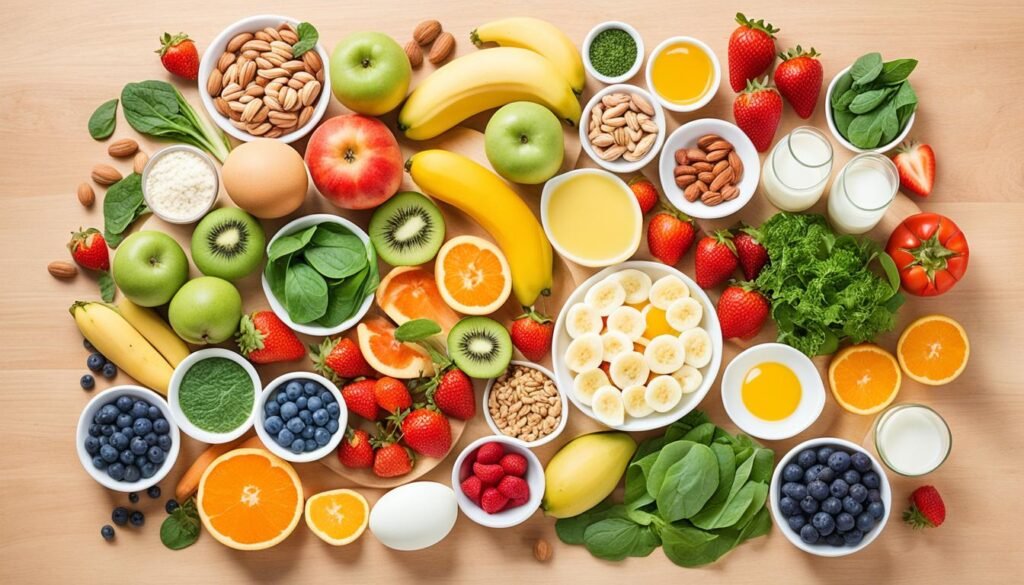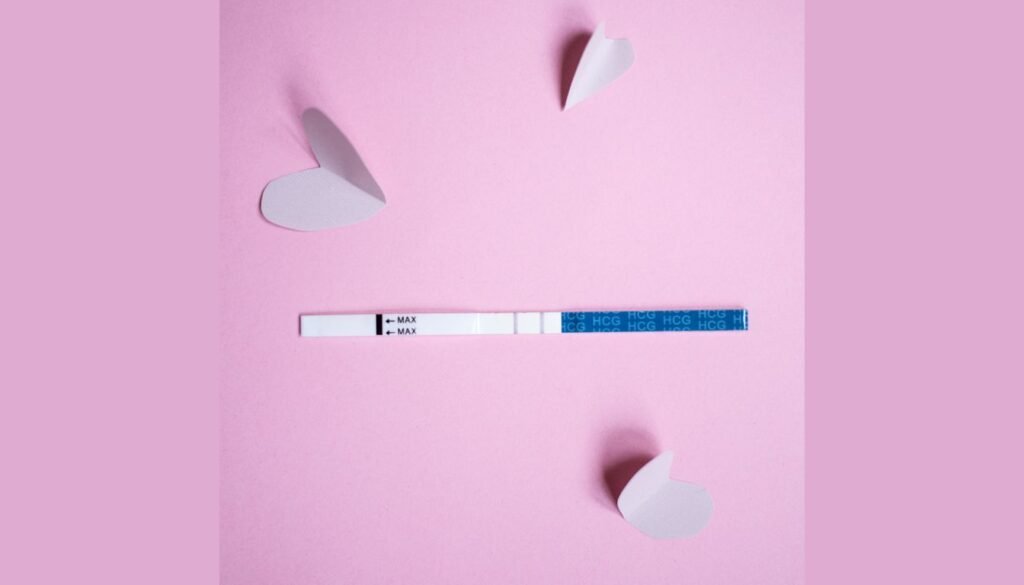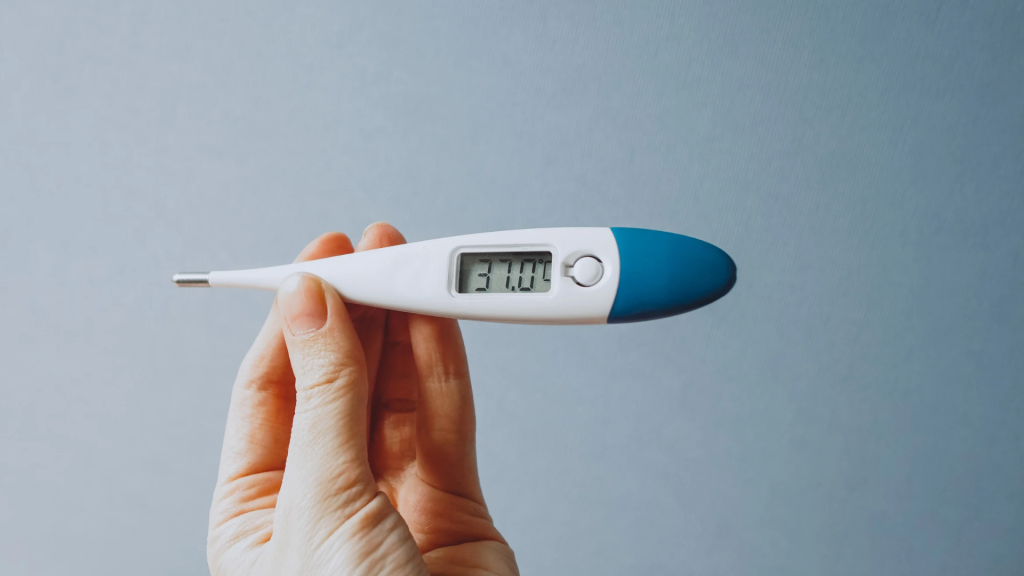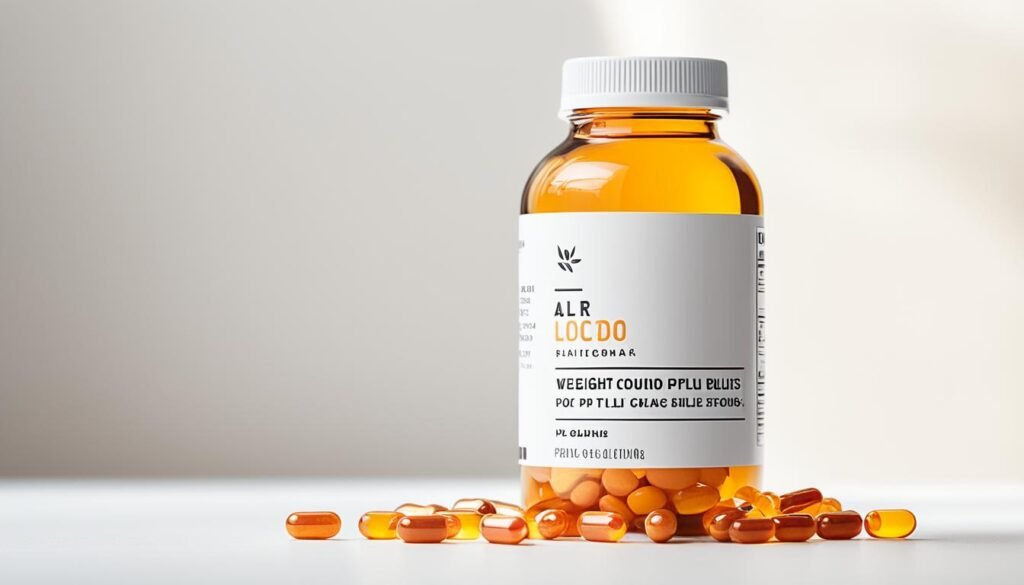Do you find it hard to lose weight and reach your muscle goals? The key to bulking up might be in what you eat. Along with regular gym time, good nutrition is essential for muscle growth and recovery. So, what should you eat to bulk up?
Table of contents
- Importance of Nutrition for Muscle Growth
- High-Protein Foods for Bulking
- Best food for bulking
- Carbohydrate Sources for Energy
- Healthy Fats for Muscle Growth
- Nutrient-Dense Fruits and Vegetables
- Meal Planning and Timing for Bulking
- Hydration and Muscle Building
- Supplements for Muscle Gain
- Balancing Bulking and Cutting Phases
- Source Links
Getting bigger means working out and eating right. You must combine weight lifting, cardio, and a healthy diet to gain muscle mass. Protein is key for this. Everyone needs different proteins based on their life, genes, and goals, but some foods are always smart choices.
Bodybuilding aims to achieve bigger, stronger muscles (hypertrophy) and clearly defined ones. To get the best muscle definition, you must lower your body fat. You might also gain some fat when you bulk up by eating more calories. Then, to cut fat but keep your muscle, you reduce calories but still eat enough protein.
Importance of Nutrition for Muscle Growth
To grow your muscles, how you eat is key. The calorie intake and macronutrient balance for bulking are vital when trying to grow. Most experts suggest eating 10-20% more calories than you usually do during this time.
Focusing on the right quality of calories and balance of macronutrients helps a lot. Aim for about 55-60% carbs, 25-30% protein, and 15-20% fats in your diet for best muscle growth.
Protein Requirements for Muscle Building
Protein is a must for muscle building. The best advice now is to get 1.4-2.0 grams of protein per kilo of your weight daily. But, in the bulking phase, consider eating 1.6-2.2 grams to meet your muscles’ extra needs.
High-Protein Foods for Bulking
Animal products, like chicken and turkey, are top for protein. These lean meats give you amino acids. This helps in building and fixing muscles. Eggs are also amazing. Each egg has 6g of protein and all 9 essential amino acids. Plus, they have vitamins D and B2. Dairy products add more protein variety. Yogurt, cheese, and milk are quick to prepare. They also bring in calcium.
Fish and Seafood: Salmon, Tuna, and Shrimp
Tuna and salmon are protein-rich and full of omega-3s. A diet with these fatty fish helps in muscle growth. Plus, it boosts overall health.
Eggs and Dairy: Greek Yogurt and Cottage Cheese
Dairy products like Greek yogurt and cottage cheese add lots of protein. They’re simple to add to your daily food. This makes them a great choice for gaining mass.
Best food for bulking
Whey protein powder is great for a quick protein boost. You can mix it into shakes, smoothies, or oats. There are also yogurts and bars with whey protein for muscle building. For athletes, whey protein is perfect because the body absorbs it fast. It has a lot of BCAAs, which help muscles recover after a workout. While any protein helps build muscle, whey protein is especially good.
Whey Protein Powder and Supplements
Plant-based protein sources, like tofu, lentils, and beans, are good for building muscle too. They add a variety of nutrients and fiber. This helps your overall health and muscle growth.
Plant-Based Protein Sources: Tofu, Lentils, and Beans
Choose between animal-based and plant-based protein sources for bulking. Eating enough protein from food and supplementation for bulking will aid in muscle growth and recovery. It’s essential on your fitness journey.
Carbohydrate Sources for Energy
Eating whole grains like brown rice, quinoa, and oats is key for keeping your energy up. These whole grain sources give you steady complex carbs for muscle building. They also have fiber that’s good for your gut. Foods rich in glucose, like starchy veggies for energy, affect your muscles’ growth.
Whole Grains: Brown Rice, Quinoa, and Oats
Whole grains offer complex carbs, perfect for your workouts. Brown rice, quinoa, and oats are packed with energy. They contain important vitamins and minerals too.
Starchy Vegetables: Potatoes and Sweet Potatoes
Potatoes and sweet potatoes are great for energy, in addition to whole grains. They are complex carbs for muscle building. They help fill up your glycogen and fuel your hard workouts.
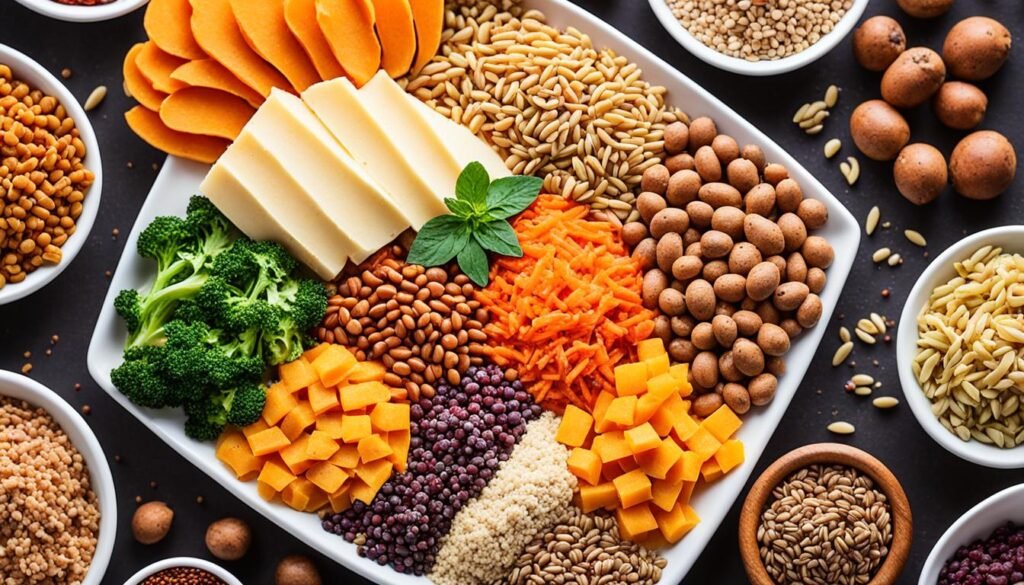
Healthy Fats for Muscle Growth
Carbs and protein get a lot of attention for muscle building. Yet, healthy fats are just as important. Foods like avocados, nuts, and fatty fish are full of healthy fats for bulking. They are great for anyone trying to add muscle mass.
Avocados and Nuts
Avocados offer monounsaturated and polyunsaturated fats. These fats help with hormone balance and muscle growth. They also aid in soaking nutrients and offer calories to help you bulk. Nuts, including almonds, walnuts, and peanuts, compound these benefits. They bring healthy fats, protein, and fiber to your diet, supporting muscle gain.
Fatty Fish and Oils
Fatty fish such as salmon, tuna, and mackerel are packed with omega-3 fatty acids for muscle. Omega-3s help limit inflammation, boost muscle protein building, and improve the use of insulin. These benefits are key for anyone aiming to increase or maintain muscle mass. Adding fish rich in omega-3s or taking fish oil supplements can be a smart move for athletes and bodybuilders.
Nutrient-Dense Fruits and Vegetables
Dark green leafy vegetables like kale and spinach are top picks for a bulking diet. They’re filled with important vitamins and minerals. This helps not only with muscle growth but also with keeping your body healthy.
Fruits such as bananas and berries are also great for building muscle. They’re rich in vitamins that your body needs. Plus, the variety is wide, with options like pomegranates and citrus fruits.
Adding a mix of fruits and veggies for bulking into your meals is wise. They bring in a lot of micronutrients for muscle building, which is vital for a balanced diet. These foods fuel your exercises, help your muscles recover, and keep your body going strong.
Meal Planning and Timing for Bulking
When bulking, your meal plan and when you eat are key. Before and after workouts, have a meal packed with nutrients. This boosts muscle repair and growth. The right meal timing for muscle building gives your body what it needs for muscle work.
Eat 4-6 smaller meals a day to spread out your calories and nutrients. Focusing on muscle protein synthesis this way helps with steady muscle growth. Still, watch your portions to keep from gaining too much fat.
Pre-Workout and Post-Workout Nutrition
Eating at the right times around your workouts is crucial. A pre-workout meal or shake gives you the energy you need. After training, a meal rich in protein and carbs helps your muscles recover.
Meal Frequency and Portion Control
More calories are needed for bulking, but it must be controlled. Eat those extra calories in 4-6 meals daily. This keeps nutrients flowing for muscle growth. You need to be careful with portions to keep fat gain low.
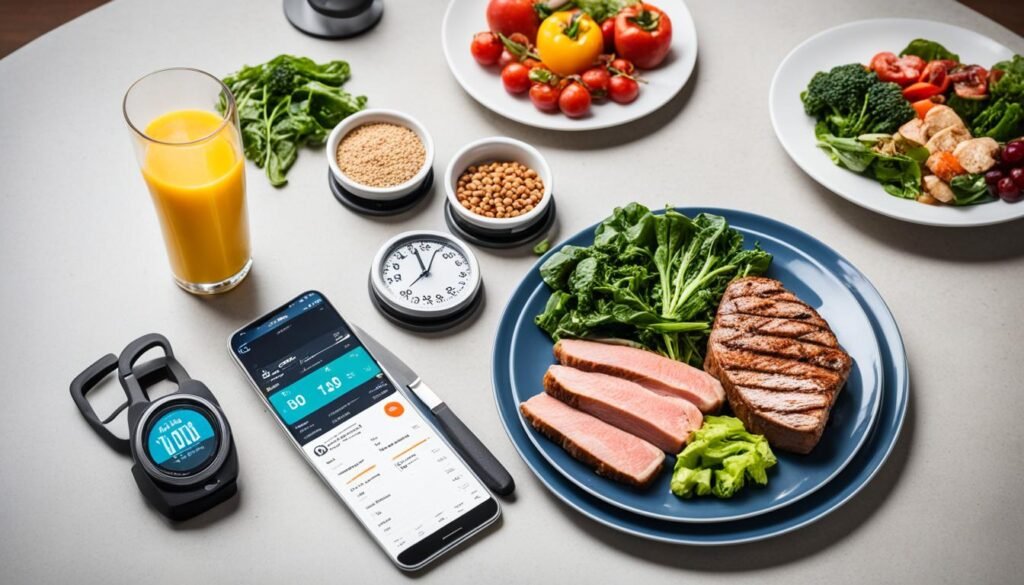
Hydration and Muscle Building
Drinking water before, during, and after working out is important. This helps your body carry nutrients to your muscles. And it keeps them working the right way. Staying hydrated lowers your injury risk and helps you perform better. For intense workouts, consider drinks with sodium. They help you use water more effectively and keep your electrolyte balance right for recovery.
Not drinking enough water can hurt your muscles’ job and recovery. So, it’s key to stay well-hydrated for the best muscle growth. Drink water all day, not just around workouts, to stay hydrated. Adding sports drinks or coconut water also helps replace lost electrolytes from sweat. This keeps your electrolyte balance good for recovery.
Supplements for Muscle Gain
Your nutrition plan may need supplements like whey protein powder or creatine. Whey protein is best for muscle growth. It has amino acids that the body quickly absorbs.
Studies show creatine helps athletes recover better after exercise and prevents some injuries.
Creatine and Its Benefits
One of the most studied creatine supplements for muscle growth is creatine. It boosts muscle size, strength, and power for both new and experienced trainers.
Creatine helps muscles get more phosphocreatine. This gives quick energy for intense workouts.
Other Muscle-Building Supplements
Aside from whey protein and creatine, other effective supplements for bulking are beta-alanine and BCAAs. Beta-alanine helps you work out longer before tiring. BCAAs stop some muscle breakdowns and help recovery.
Balancing Bulking and Cutting Phases
Bodybuilders who aim to compete balance two key phases: bulking and cutting. In the bulking phase, they eat more to build muscle. The cutting phase follows, where they eat less to lose fat and keep muscle.
It’s vital to manage these phases well for the best results. This means not gaining too much fat while bulking. Also, do not lose too much muscle when cutting. Proper planning is key to this balanced approach.
Bodybuilders manage their bulking and cutting phases to grow muscles and lose fat. It’s crucial to keep muscle during fat loss. This way, the hard work in bulking doesn’t disappear. Aiming to keep bulking fat low helps cut fat more easily, smoothing the process.
FAQ
What are the best foods for building muscle during a bulking phase?
For muscle building in a bulking phase, choose lean meats, such as chicken and turkey. Include fatty fish like salmon and tuna, eggs, and dairy products. Whey protein powder, tofu, and beans are also great sources. Don’t forget whole grains, starchy veggies, and healthy fats from avocado and nuts.
How important are calories and macronutrients for muscle growth?
Calories and macronutrients are key for muscle growth. During bulk, increase calories by 10-20% over maintenance. Aim for 55-60% of calories from carbs, 25-30% from protein, and 15-20% from fats.
How much protein do I need to build muscle?
Experts recommend 1.4-2.0 grams of protein per kilogram of body weight daily for building muscle. Aim for the higher end during bulking.
What are some of the best high-protein foods for bulking?
Good bulking choices include lean meats, fish, and seafood. Also, opt for eggs, Greek yogurt, and cottage cheese. For vegans, tofu, lentils, and beans are excellent choices.
What is the role of supplements in a bulking diet?
Whey protein powder and creatine are key supplements for a bulking phase. Whey protein is fast to absorb and rich in amino acids. Creatine boosts recovery and growth. Beta-alanine and BCAAs can also help.
How important is hydration for muscle growth?
Staying hydrated is vital for muscle growth and health. During workouts, water transports nutrients to your muscles. Electrolyte drinks are good for long and intense exercises.
How do I balance the bulking and cutting phases for optimal muscle building?
To build muscle optimally, mix bulking and cutting phases. Bulk to gain muscle by upping calories. Then cut to trim fat while keeping muscle. Balancing these phases is crucial for better muscle definition.
Source Links
- https://www.yopro.com.au/what-to-eat-to-gain-muscle-mass-effectively/
- https://www.healthline.com/nutrition/26-muscle-building-foods
- https://www.nike.com/a/best-bulking-meal-plan
Disclaimer: The images, videos & logos displayed on bestfordaily.com are used for informational purposes only. We make every effort to credit the original copyright holder whenever possible. If you are the owner of any content used on this blog and do not wish for it to appear here, please contact us.
Author
-

Hey there! I'm Andrew Reed, and I live for the thrill of writing reviews. Dive into my world at bestfordaily.com, where I unpack stories behind products and experiences. I'm all about sharing my unique take on things, infusing each review with my youthful enthusiasm and a dash of social flair. Join me on this exciting journey—I promise you won't just read reviews; you'll experience them!
View all posts

